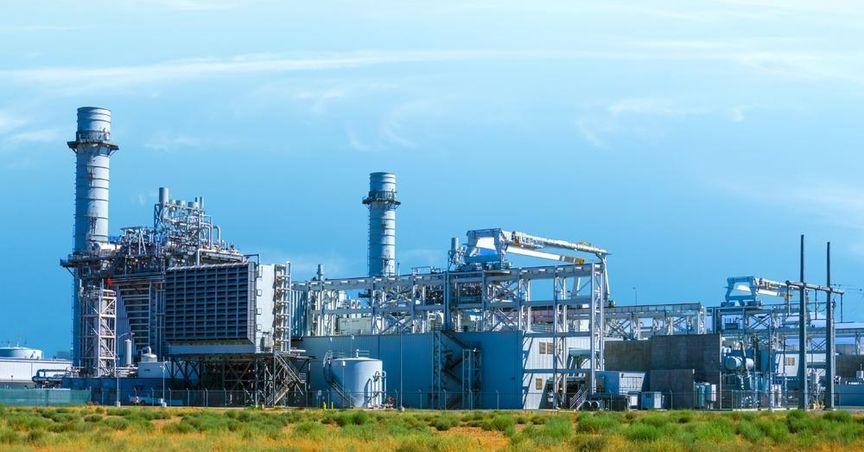Ofgem has concluded an investigation into Drax Power Limited (LSE:DRX) regarding its compliance with annual profiling reporting requirements under the Renewables Obligation (RO) scheme. The investigation focused on whether Drax met its obligations as outlined in the Renewables Obligation Order 2015 (ROO), specifically concerning data governance and control related to profiling data submissions.
Findings of the Investigation
The investigation revealed significant shortcomings in Drax’s data governance and controls. Key findings include:
- Misreporting of Data: Drax was found to have misreported data in its annual profiling submission for the compliance period from April 1, 2021, to March 31, 2022 (CP20).
- Insufficient Evidence: Drax failed to provide adequate evidence to support the accuracy of its profiling data related to forestry type and sawlogs for Canadian consignments during the same period.
Drax's Response and Actions
Drax has accepted the findings of the investigation and has taken several steps to address the issues:
- Financial Contribution: Drax will contribute £25 million to Ofgem's Energy Industry Voluntary Redress Fund as part of the resolution.
- Re-reporting: The company has agreed to re-report its CP20 annual profiling data concerning forestry type and saw log proportions.
- Updated Procedures: Drax has updated its reporting policies and procedures for data profiling under the RO. Additionally, it will commission an independent external audit of its profiling data from its international supply chain and reporting for the compliance period from April 1, 2023, to March 31, 2024 (CP22). This audit will cover 98% of Drax’s supply chain, and Ofgem will oversee the delivery of this audit. The results will be published to ensure transparency and accuracy.
Additional Findings
The investigation did not uncover evidence suggesting that Drax had been incorrectly issued Renewable Obligation Certificates (ROCs) or that the company failed to meet the government's requirement that at least 70% of biomass must come from sustainable sources. The annual profiling data is used for reporting additional biomass characteristics and does not impact ROC issuance.





